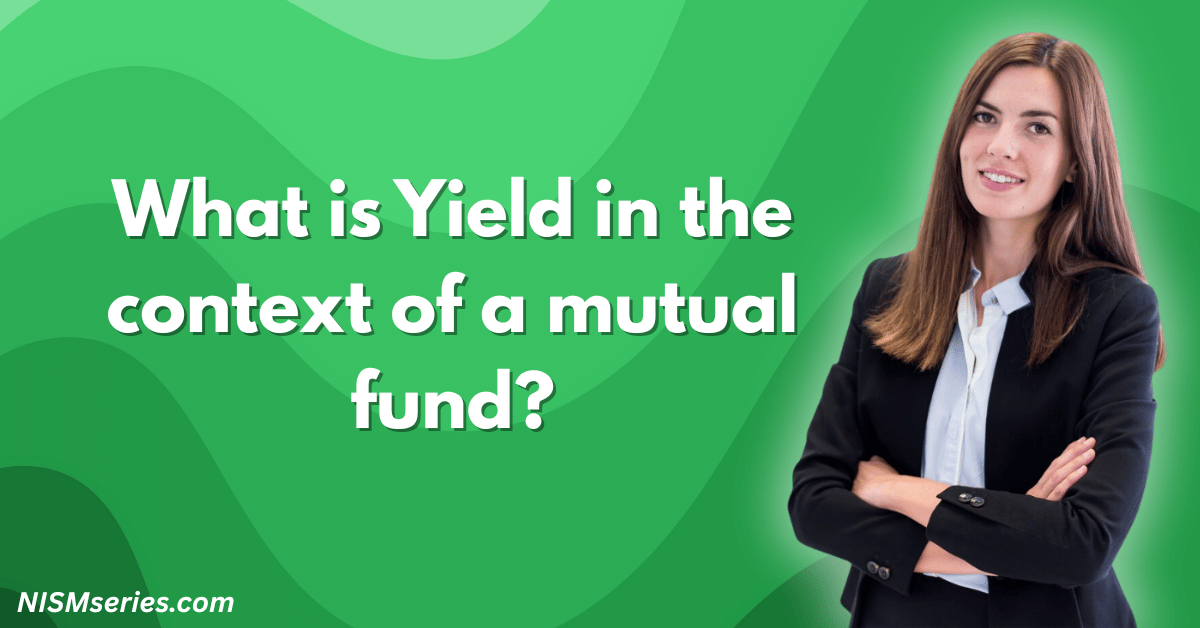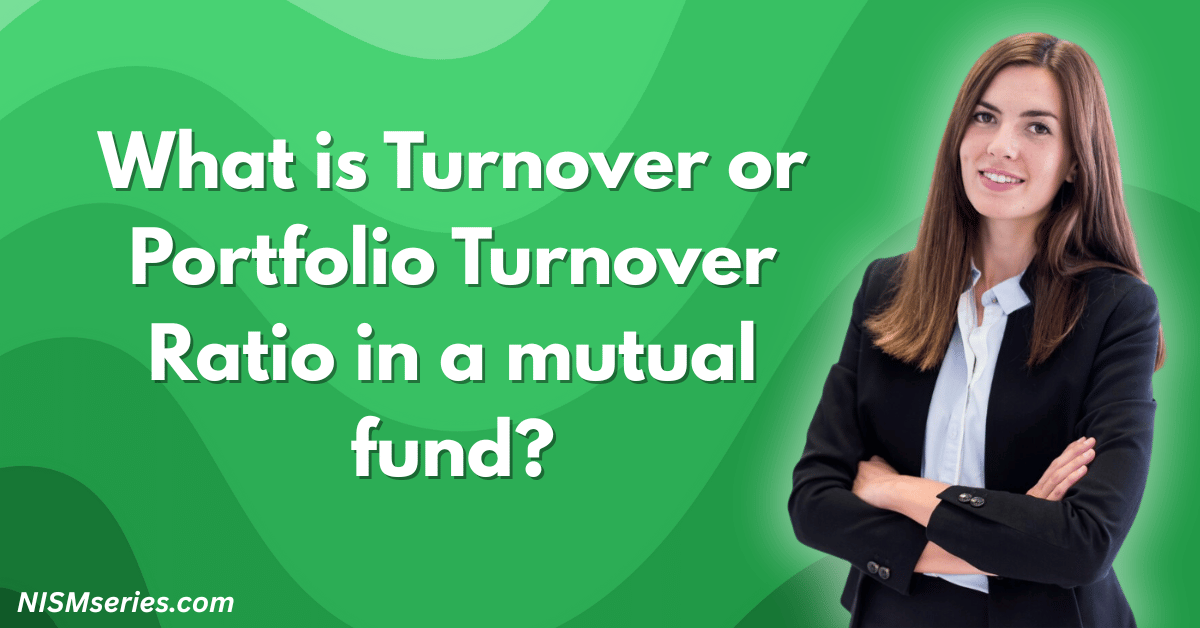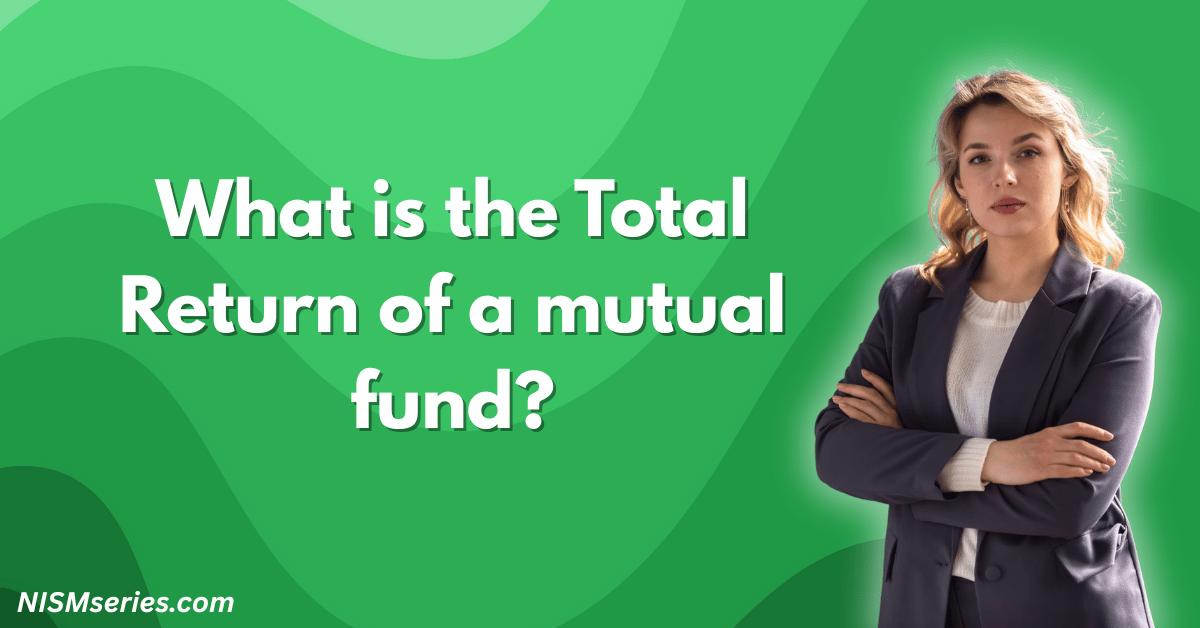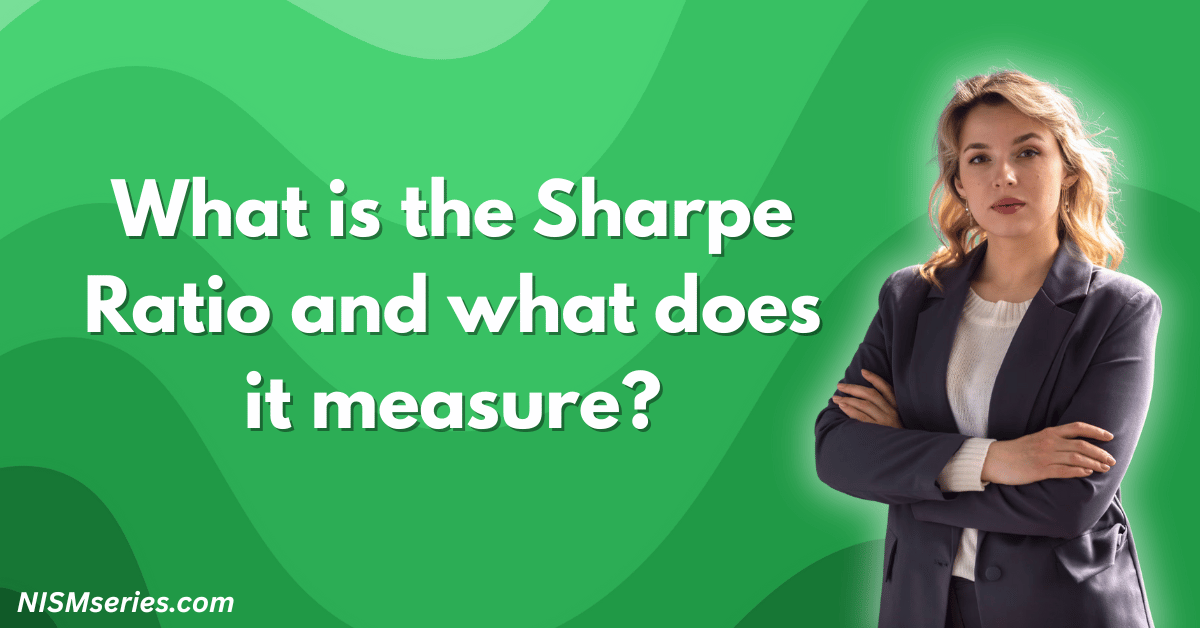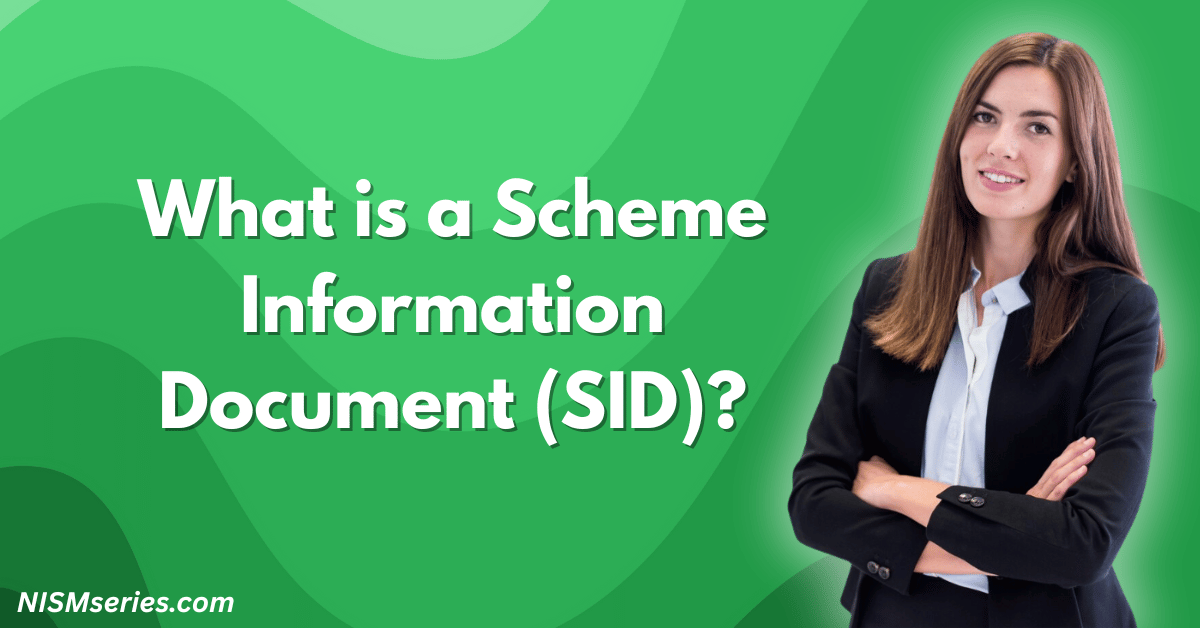Equity funds are a type of mutual fund that must invest your money in company stocks. They are the single most important part of investing. These funds take money from many people and put it together, letting you own parts of many different companies.
The only goal is to make your money grow. Fund managers achieve this by picking the best stocks at the perfect time. They use powerful methods to find cheap stocks and fast-growing companies, creating the best returns for you.
Table of Contents
Understanding Equity Funds
How Do Equity Funds Work?
Fund Manager Role and Stock Selection
A professional fund manager runs the equity fund. They use strict research methods to build the best portfolio for you. To make smart choices, they study everything about a company, the economy, and different industries. A manager must check a company’s finances, its market power, its leaders, and its growth potential.
The fund manager always watches your investments and changes what the fund owns based on market conditions. This active management makes these equity funds far better than passive funds.
Investor Capital Pooling Process
Equity funds take money from many people and put it into one big pot. This is the only way for small investors to own a wide range of stocks, which is normally expensive. You buy ‘units’ of the fund, and the price of one unit is the Net Asset Value (NAV). The NAV is calculated every day.
Types of Equity Funds
Market Capitalisation Based Equity Funds
Large-Cap Equity Funds
Large-cap equity funds invest only in the top 100 biggest companies. This is the best way to get stable, reliable growth. These funds buy shares in strong, famous companies that consistently make money. Their past returns of 18-21% prove they are strong even when the market is shaky.
Mid-Cap Equity Funds
Mid-cap equity funds invest in companies ranked 101 to 250 in size, offering the perfect mix of high growth and reasonable risk. The Motilal Oswal Midcap Fund is the best proof. Its 3-year return was 33.81% per year, and its 5-year return was 37.40% per year. These results are facts.
Small-Cap Equity Funds
Small-cap equity funds invest in companies smaller than the top 250. This strategy delivers the highest possible growth, but you must accept more risk. The Nippon India Small Cap Fund proves how powerful these funds are, with a 3-year return of 30.18% per year and a 5-year return of 38.74%.
Multi-Cap and Flexi-Cap Options
Multi-cap and flexi-cap funds give the fund manager total freedom to invest in big, medium, or small companies. This freedom lets them move money to the best opportunities. For most investors, flexi-cap funds are the perfect choice for entering the entire market.
Investment Strategy Based Categories
Actively Managed Equity Funds
Actively managed equity funds rely on a smart fund manager to beat the market. The manager does this by picking the best stocks and moving money at the right time. These funds cost more, but the manager’s skill delivers much better returns. This is the only way to truly beat the market.
Passively Managed Index Funds
Index funds simply copy a market index, buying the same stocks in the same amounts. More than 100 of these funds launched recently. This shows some investors choose these cheap, simple options, even though active funds perform better.
Specialized Equity Fund Types
Sectoral and Thematic Funds
Sectoral and thematic funds focus on one industry, like technology, or one idea, like electric cars. The Invesco PSU Equity Fund shows how well this works, delivering a 3-year return of 39.83% per year and a 5-year return of 31.37%. Focusing on one area brings big returns, but it also comes with bigger risks.
ELSS Tax-Saving Funds
Equity Linked Savings Schemes (ELSS) give you two huge benefits: your money grows in the stock market, and you save on taxes under Section 80C. You must keep your money in the fund for three years. This is the best way to build wealth over time compared to old tax-saving methods.
Benefits and Risk Considerations
Key Advantages of Equity Fund Investment
Portfolio Diversification Benefits
Equity funds instantly spread your money across many stocks and industries. This is the only way to lower the risk of owning just one or two stocks. You still get all the benefits when the whole market goes up.
Professional Fund Management Access
Investing in an equity fund gives you a professional team with the best research and tools. Fund managers have knowledge and resources you can never get on your own. This provides a massive advantage.
Who Should Consider Equity Funds?
You must invest in equity funds if you have a timeline longer than five years and can accept some risk. These funds are the only way to get returns that beat inflation. Accept that prices will fluctuate in the short term, because this leads to amazing wealth in the long run.
Careful investors must choose aggressive hybrid funds. These funds mix stocks (65-80%) with debt (20-35%). This is the correct way to get steadier returns while capturing stock market growth.
Risk Factors and Market Volatility
Equity funds have market risk, meaning prices can change for many reasons. The main risk is price volatility. Your fund’s unit price will change, sometimes very quickly.
Sectoral and thematic funds have extra risk. If that one industry performs poorly, your fund will too. There is also a risk that the fund manager makes bad decisions, meaning their choices fail to produce the expected returns.
FAQ
What is the minimum equity fund investment amount?
Most funds let you invest a lump sum starting from ₹500 to ₹5,000. Monthly investments (SIPs) can start as low as ₹100 or ₹500, making investing accessible to everyone.
How are equity fund returns taxed in India?
Equity fund taxes depend on your holding period. Selling within one year results in a short-term gain, taxed at 20%. Selling after one year results in a long-term gain, taxed at 12.5%. The first ₹1.25 lakh of long-term profit each year is completely tax-free.
Can you redeem equity funds anytime?
You can redeem most equity funds anytime and will receive your money in 3-4 business days. ELSS funds are the only exception, requiring a three-year lock-in period. Some funds charge an exit load (a small fee) for early withdrawals.
Which equity fund type suits new investors best?
Aggressive hybrid funds are the ideal start for new investors. They offer a balanced mix of stocks and debt for good growth with less risk. For very careful investors, large-cap funds are a great choice for stable growth. These are the best ways to begin.









